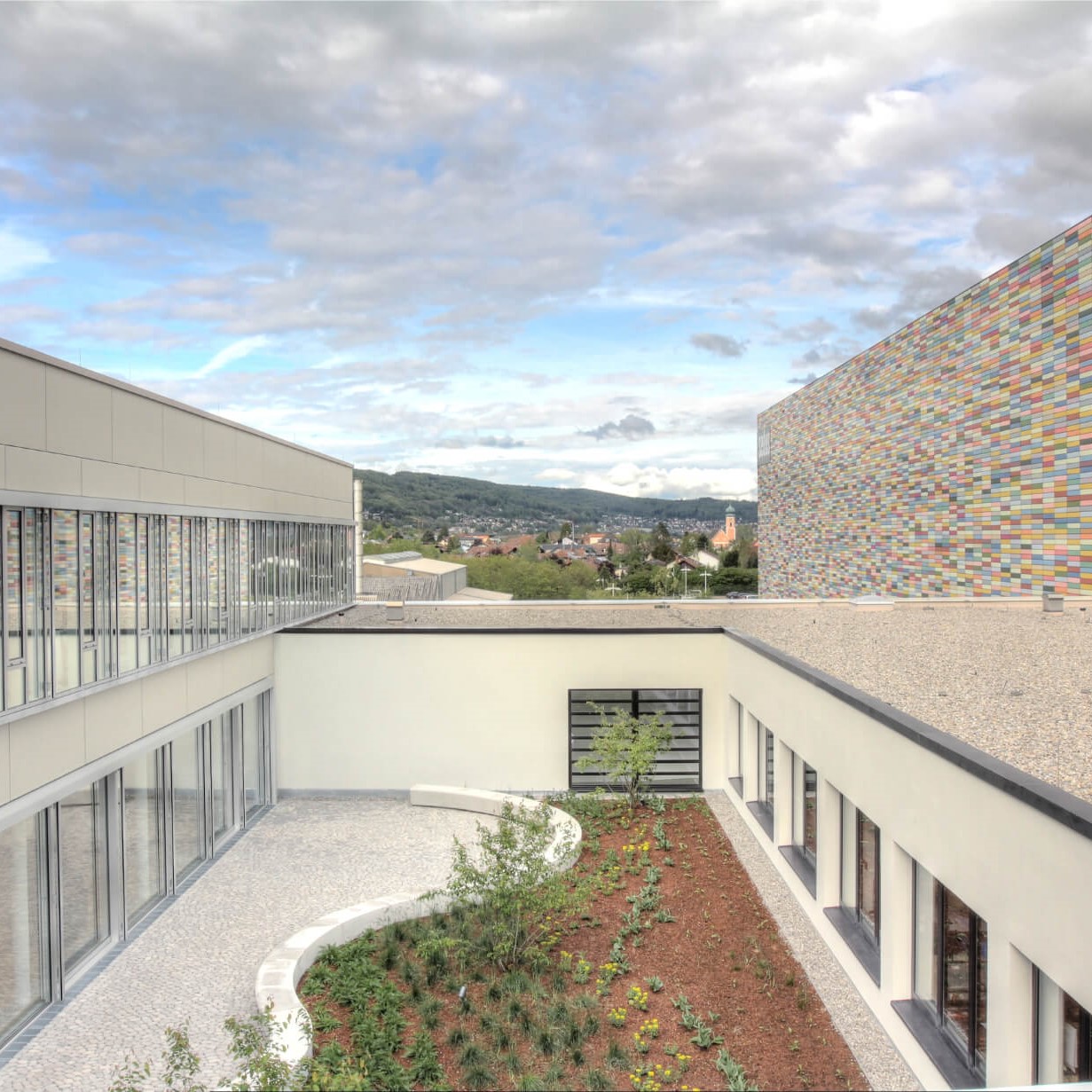To provide the best experiences, we use technologies like cookies to store and/or access device information. Consenting to these technologies will allow us to process data such as browsing behaviour or unique IDs on this site. Not consenting or withdrawing consent, may adversely affect certain features and functions.
The technical storage or access is strictly necessary for the legitimate purpose of enabling the use of a specific service explicitly requested by the subscriber or user, or for the sole purpose of carrying out the transmission of a communication over an electronic communications network.
The technical storage or access is necessary for the legitimate purpose of storing preferences that are not requested by the subscriber or user.
The technical storage or access that is used exclusively for statistical purposes.
The technical storage or access that is used exclusively for anonymous statistical purposes. Without a subpoena, voluntary compliance on the part of your Internet Service Provider, or additional records from a third party, information stored or retrieved for this purpose alone cannot usually be used to identify you.
The technical storage or access is required to create user profiles to send advertising, or to track the user on a website or across several websites for similar marketing purposes.
 The UK government has opened a consultation on ill health in the workplace which looks at issues such as workplace modifications, the right to request flexible working and interventions from employers. It claims that more could be done on the issue, especially for people with disabilities or long term health conditions. The consultation will focus on what employers can do to help employees and how they could be supported with advice and information, better access to occupational health resources and financial help, especially for small businesses and the self-employed. (more…)
The UK government has opened a consultation on ill health in the workplace which looks at issues such as workplace modifications, the right to request flexible working and interventions from employers. It claims that more could be done on the issue, especially for people with disabilities or long term health conditions. The consultation will focus on what employers can do to help employees and how they could be supported with advice and information, better access to occupational health resources and financial help, especially for small businesses and the self-employed. (more…)































July 15, 2019
The importance of self care for mental health
by Christine Husbands • Comment, Wellbeing